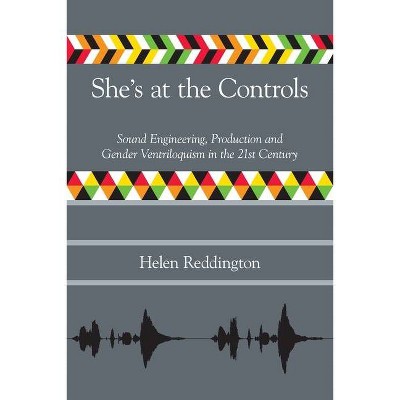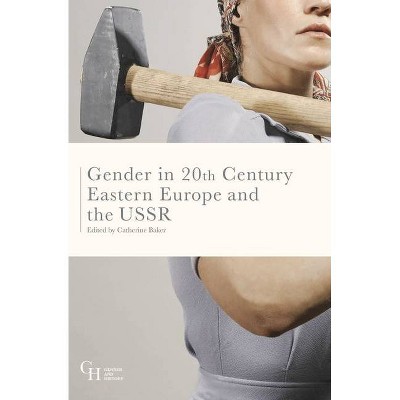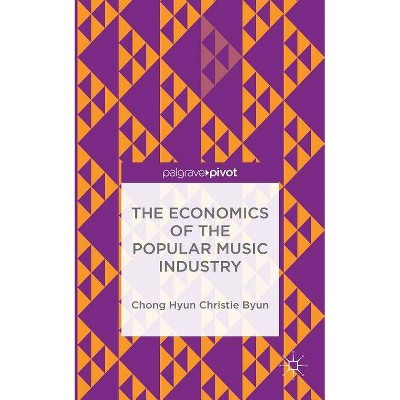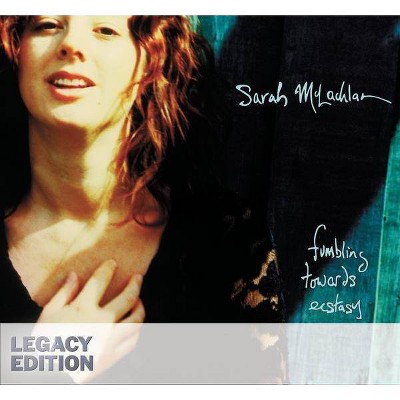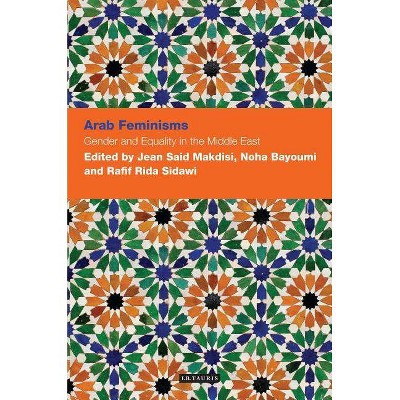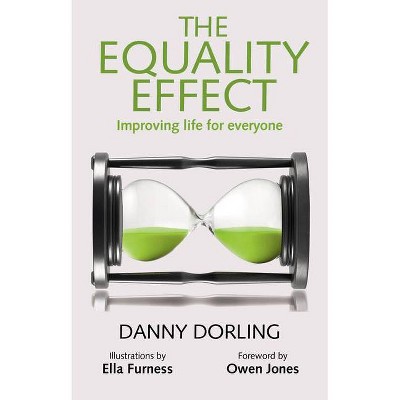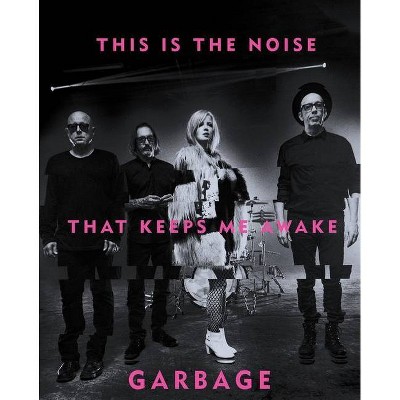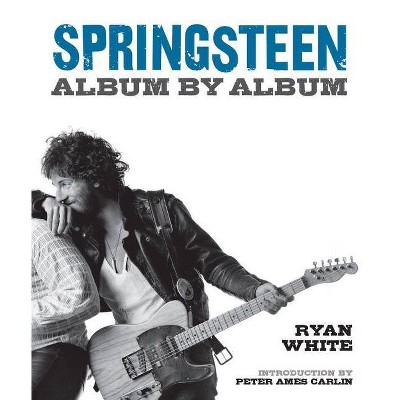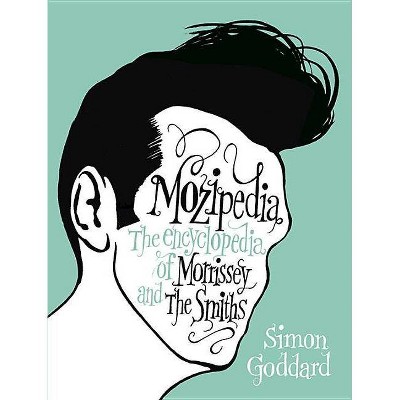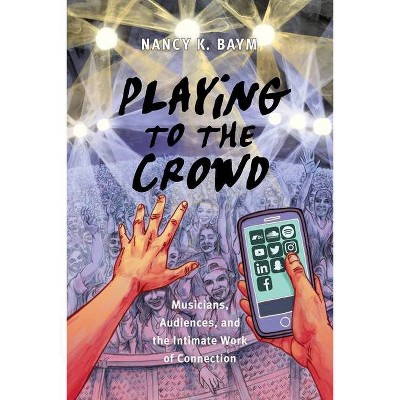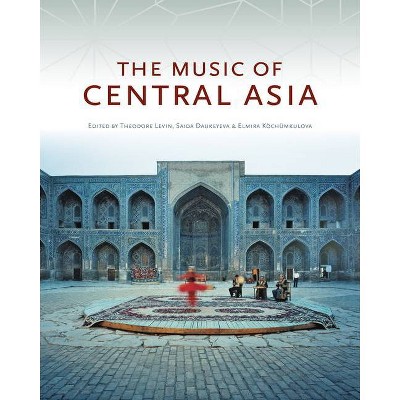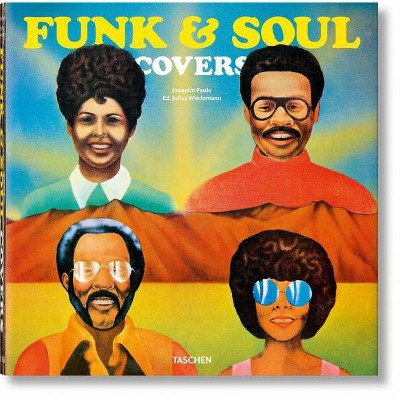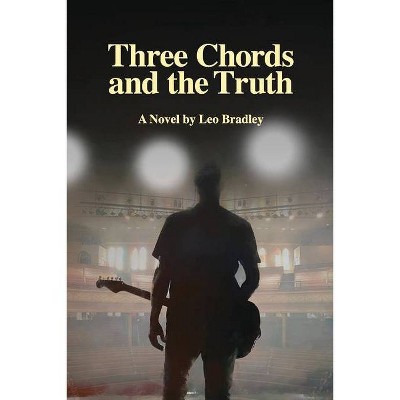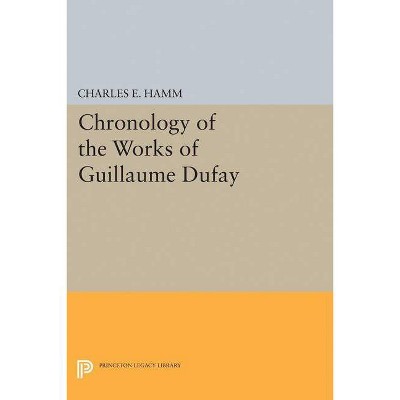Towards Gender Equality in the Music Industry - by Catherine Strong & Sarah Raine (Paperback)
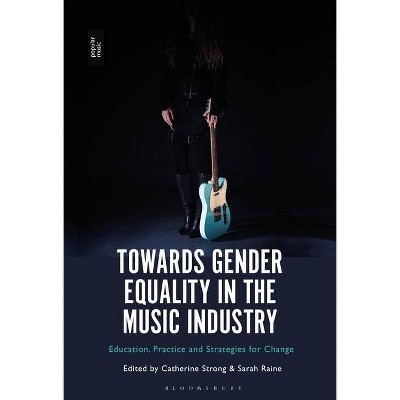
Similar Products
Products of same category from the store
AllProduct info
<p/><br></br><p><b> Book Synopsis </b></p></br></br>Gender inequality is universally understood to be a continued problem in the music industry. This volume presents research that uses an industry-based approach to examine why this gender imbalance has proven so hard to shift, and explores strategies that are being adopted to try and bring about meaningful change in terms of women and gender diverse people establishing ongoing careers in music. <br/><br/>The book focuses on three key areas: music education; case studies that explore practices in the music industry; and activist spaces. Sitting at the intersection between musical production, the creative industries and gender politics, this volume brings together research that considers the gender politics of the music industry itself. It takes a global approach to these issues, and incorporates a range of genres and theoretical approaches. At a time when more attention than ever is being paid to gender and music, this volume presents cutting edge research that contributes to current debates and offers insights into possible solutions for the future.<p/><br></br><p><b> Review Quotes </b></p></br></br><br>A welcome addition to the literature on an important and under-researched area. Summing Up: Recommended. Upper-division undergraduates through faculty and professionals, including students in technical programs.<br/>CHOICE<br><br>This collective book is a unique contribution to the study of inequalities between women and men in popular music. Despite its strive for openness, creativity and equality, the music field has been quite resistant to promote equality between the sexes. This volume provides music researchers as well as music professionals a better understanding of how gender shapes their daily lives and activities. Thanks to the numerous case studies presented, one also learns many ways one may attempt to create more equality between women and men within the popular music field while teaching, programming, recording, playing, learning, producing or listening to music. A great read!<br/>Marie Buscatto, Professor of Sociology, University of Paris 1 Panthéon-Sorbonne, France<br><br>Written by leading scholars, representing a range of interdisciplinary perspectives on popular music, cultural studies, education and policy, this impressive collection presents significant research on the current conditions of equity in the music industry. Adopting sophisticated theoretical frameworks and methodologies, the authors identify and explore the real effects of educational and institutional barriers that contribute to the experience of gender-based inequity for performers, creators and producers.<br/>Lori A. Burns, Professor of Music, University of Ottawa, Canada<br><p/><br></br><p><b> About the Author </b></p></br></br><p><b>Catherine Strong</b> is Senior Lecturer in the Music Industry program at RMIT in Melbourne, Australia. Among her publications are <i>Grunge: Music and Memory</i> (2011), and <i>Death and the Rock Star</i> (2015, edited with Barbara Lebrun). Her research deals with various aspects of memory, nostalgia and gender in rock music, popular culture and the media. She is currently Chair of IASPM-ANZ and co-editor of the <i>Popular Music History Journal</i>. <p/><b>Sarah Raine</b> is Research Fellow at Birmingham City University, UK. She is co-editor of <i>The Northern Soul Scene </i>(forthcoming), the Review Editor and special issue Guest Editor (2018) for <i>IASPM@Journal</i>, and the co-Managing Editor of <i>Riffs: Experimental Writing on Popular Music</i>. She researches the hidden histories and peripheral participant voices within multigenerational music scenes.</p>
Price History
Price Archive shows prices from various stores, lets you see history and find the cheapest. There is no actual sale on the website. For all support, inquiry and suggestion messages communication@pricearchive.us

